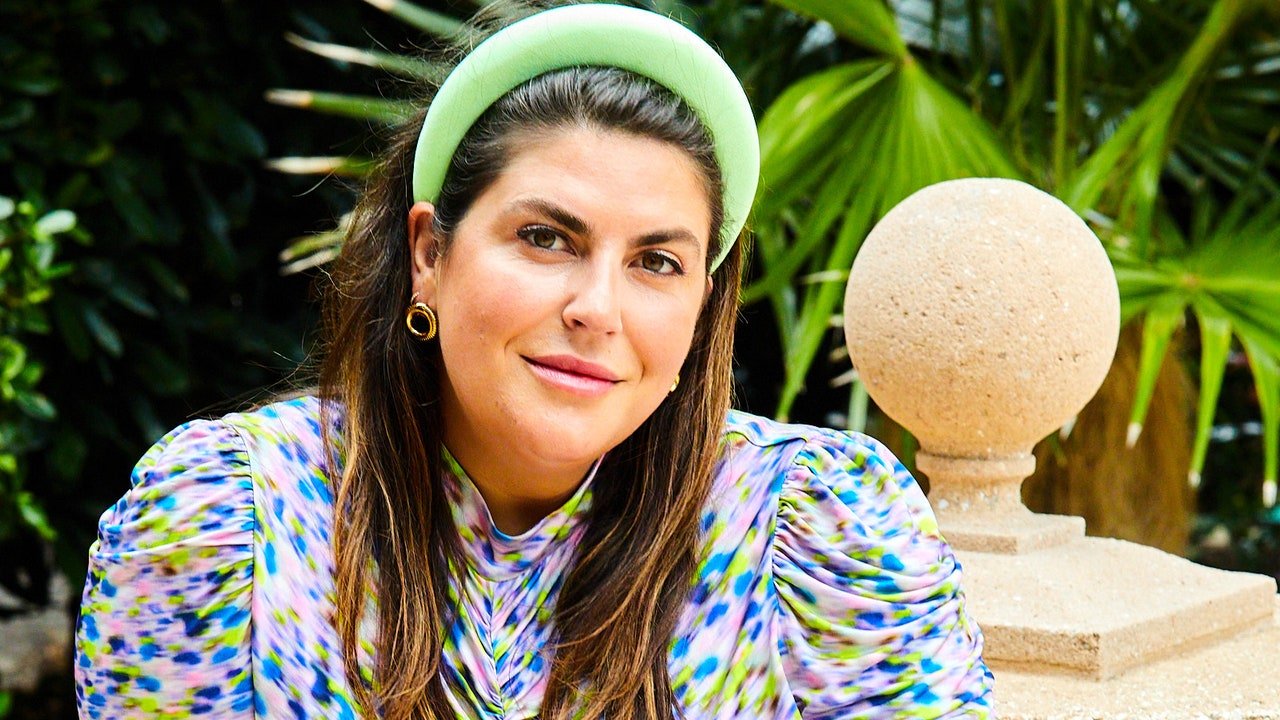ME: When you had the idea to write the book, did you always want to write it as a workbook? Was it always important to you to have lots of illustrations, to have spaces for people to reflect, and for it to be an interactive experience?
KS: Yes, because I think the last thing anyone needs is a book about me yapping about my story. What people need is to figure out their own shit, and that’s what I’m trying to do. So while you can be inspired by my story, what I really want people to do is use it for themselves. I want you to talk about yourself the whole time. Like I want you to be like, Oh, that’s me. That’s me. That’s me. Like, I want you to get into you.
ME: I think because I also follow your social media account, in my head, as I was reading this, the tone felt very loud, like a supportive friend trying so hard to make me feel better about my body. Is that accurate?
KS: Yes, and I probably am shouting and it’s bright and colorful. I think one of the things that I disconnected with in the body positivity movement early on was how earnest everything can get and how serious it can get. And there’s definitely a time and a place for that, and that’s fine, but it’s just not for me.
I want to evoke a feeling of joy, celebration, and fun. I just don’t want it to feel like Weight Watchers in a basement.
ME: One of my favorite parts of the book was this really poignant letter to your mom of understanding and giving forgiveness and space for her body issues. In writing this book, did you have a lot of time to reflect on intergenerational weight loss, culture, diet, and what dismantling and forgiving that looks like?
KS: That’s part of the reason I wanted to write the book, specifically around finding the part of your life where you still had no idea what a calorie was and you were just wearing the shirt because you liked the shirt. I don’t think that we can blame the moms, because I look at my mom (and other people’s moms) and it’s not their fault. They’re still dealing with their own body issues that they never solved. It’s because you grow up and you see and hear diet culture conversations. Women’s worlds have been constructed around our physical appearance, and that is intentional, to keep us out of power. It all goes back to the patriarchy. If we’re focused on aesthetic things that change every 10 years, then we’re not focusing on the fact that we’re being left out of so many conversations and positions of power.
